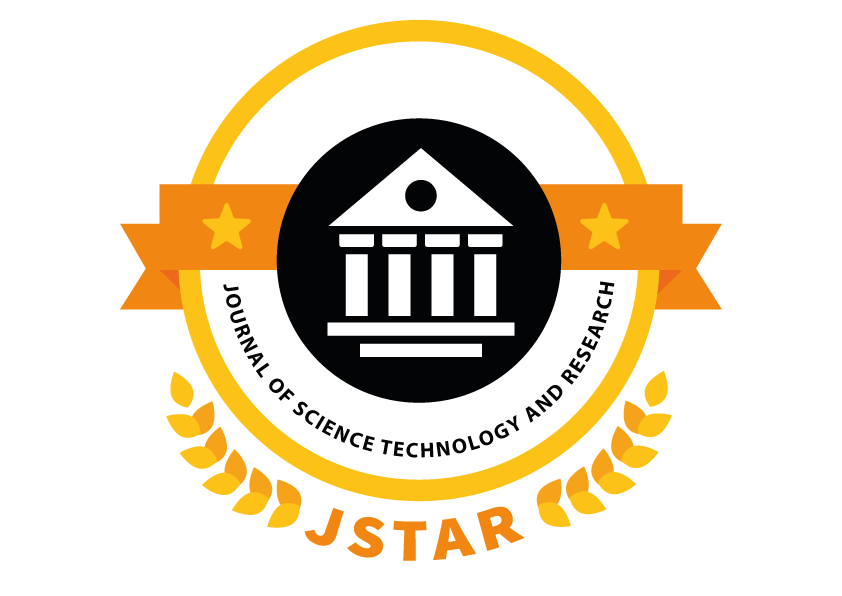Author:
Rassoul Arshad, P.Meenalochini, Muhammad Akram, Muhammad Daniyal, Naveed Munir, Aatiqa AliPublished in
Journal of Science Technology and Research( Volume , Issue )
Current Knowledge of Infertility and its Treatment
Infertility is defined as the inability of a couple to conceive after 12 months of regular, unprotected intercourse. It affects both men and women across all regions, races, and socioeconomic backgrounds. Globally, an estimated 60 to 80 million people experience infertility each year. Multiple factors contribute to infertility, including medical conditions, lifestyle choices, and environmental influences. Current Knowledge of Infertility and Common causes in women include polycystic ovarian syndrome (PCOS), thyroid disorders, obesity, and endometriosis. In men, infertility may result from ejaculation disorders, smoking, drug use, and genetic conditions.
Current Knowledge of Infertility and its Treatment
Infertility is the inability of a couple to conceive after 12 months of regular, unprotected sexual intercourse. It is a growing global health concern that affects both men and women, regardless of race, nationality, or socioeconomic background. According to global estimates, between 60 and 80 million people struggle with infertility each year. This condition not only impacts physical health but also causes emotional and psychological stress for many couples.Infertility can result from a wide range of medical, genetic, lifestyle, and environmental factors. In women, common causes include polycystic ovarian syndrome (PCOS), thyroid disorders, obesity, and endometriosis. These conditions often interfere with hormonal balance and ovulation. In men, factors such as ejaculation disorders, smoking, drug use, and genetic abnormalities can reduce sperm quality or count.Understanding the root causes of infertility is crucial for effective treatment. Early diagnosis, lifestyle changes, and medical interventions can significantly improve the chances of conception. With ongoing advances in reproductive medicine, more couples now have access to solutions that can help them overcome infertility.Alternative therapies, including acupuncture, dietary adjustments, and stress management, are also being explored as complementary approaches. Overall, early detection and personalized treatment plans offer the best chances for conception and successful pregnancy outcomes.

